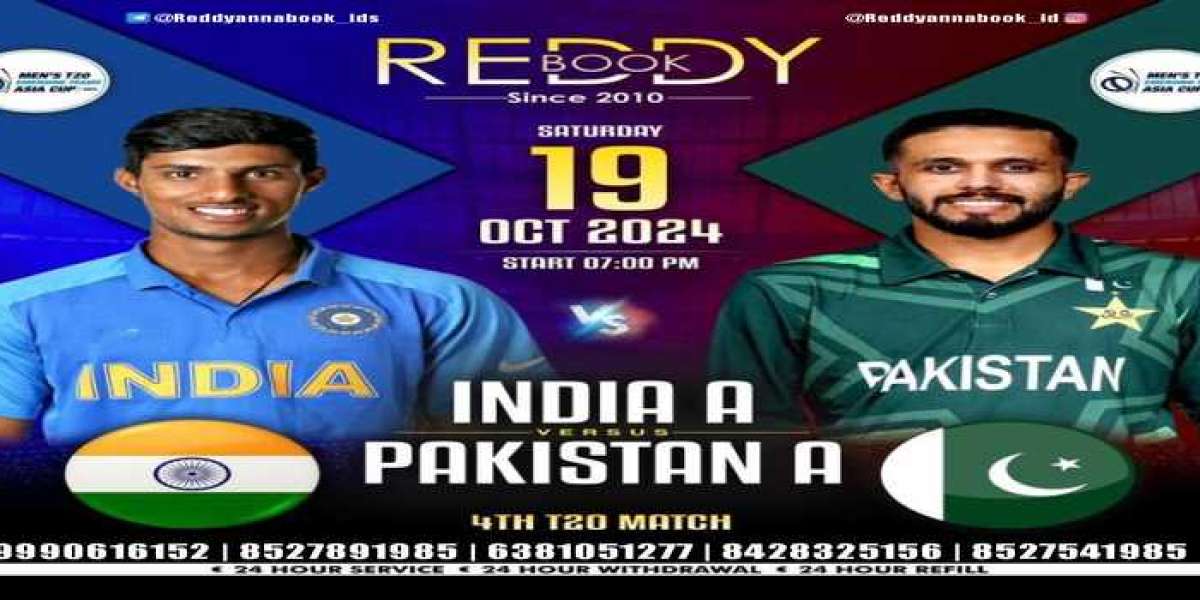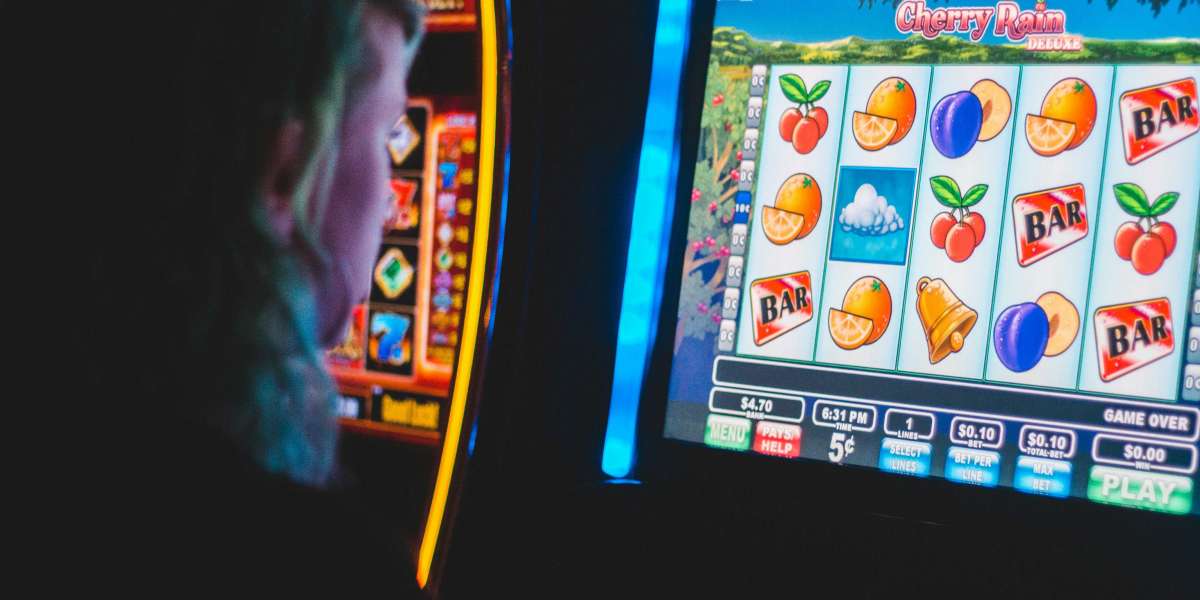Public relations (PR) disasters can shake the foundations of even the most established brands. In today’s hyperconnected India—where social media, digital news, and instant messaging amplify every story—brands are under more scrutiny than ever. A single misstep can spark outrage, dent consumer trust, and dominate headlines.
But while PR crises can feel devastating, they don’t have to mark the end of a brand’s story. Many Indian companies have faced major backlash and yet managed to rebuild their reputation through smart communication, accountability, and corrective action. Their journeys highlight how recovery is possible if brands are willing to own their mistakes and adapt.
Let’s explore some notable cases of Indian brands that recovered from PR disasters—and the lessons they offer for businesses everywhere.
If you’re searching for a reliable PR company in Delhi, we have the expertise you need. PR Company in India to us at Twenty7 Inc!
1. Maggi Noodles: From Ban to Beloved Again
Perhaps the most famous PR crisis in India involved Nestlé’s Maggi Noodles in 2015. The Food Safety and Standards Authority of India (FSSAI) banned Maggi after tests reportedly found excessive lead levels. Overnight, the much-loved household staple vanished from shelves, leaving Nestlé facing enormous backlash, legal battles, and reputational damage.
How They Recovered:
Transparency Testing: Nestlé commissioned independent labs to test Maggi noodles across India and abroad. When results showed the product was safe, the company used the data to reassure consumers.
Clear Communication: The brand released advertisements and press statements emphasizing safety, trust, and nostalgia.
Rebuilding Trust: Maggi relaunched with campaigns like “#WeMissYouToo”, which tapped into consumers’ emotional connection with the product.
Within months, Maggi regained its place as India’s favorite instant noodle brand, showing that strong trust can be rebuilt through persistence and transparency.
Lesson: Even in severe crises, data-backed transparency and emotional storytelling can restore brand credibility.
2. Cadbury India: Worm Controversy to Trusted Chocolate
In 2003, Cadbury India faced a nightmare when reports surfaced of worms being found in Dairy Milk bars in Maharashtra. The news damaged consumer confidence in a brand long associated with quality and joy.
How They Recovered:
Swift Acknowledgment: Instead of denying the reports, Cadbury admitted packaging issues in humid conditions could have been a factor.
Tangible Solutions: The company invested heavily in new packaging technology—airtight poly-flow wrappers to ensure product safety.
Celebrity Endorsement: Cadbury brought in Amitabh Bachchan as brand ambassador to reassure consumers. His credibility and trustworthiness helped win back audiences.
Focused Campaigns: Campaigns like “Kuch Meetha Ho Jaaye” repositioned the brand positively, making chocolates part of everyday celebrations.
Today, Cadbury Dairy Milk remains India’s most beloved chocolate, proving that even serious trust issues can be overcome.
Lesson: Taking responsibility, fixing problems, and leveraging credible voices are powerful tools in crisis recovery.
3. Ola Cabs: Safety Concerns and Rebuilding Trust
In 2014, a serious safety incident involving an Ola driver in Delhi raised questions about women’s safety in ride-hailing services. The backlash was intense, with critics calling out lax verification systems and demanding stricter measures.
How They Recovered:
Policy Changes: Ola immediately enhanced driver background checks and verification processes.
App Features: They introduced in-app safety features such as SOS buttons, ride tracking, and emergency contact sharing.
Communication: Ola reassured riders through campaigns focused on safety and security, highlighting their new measures.
By addressing concerns head-on and improving their systems, Ola was able to restore customer confidence and grow into one of India’s largest mobility platforms.
Lesson: Safety-related crises require swift systemic changes and visible action to win back trust.
Are you seeking a trusted PR company in Bangalore to manage your communications? Reach out to Twenty7 Inc. today!
4. Paytm: Data Privacy Concerns
In 2018, Paytm faced a storm after allegations surfaced that customer data was being misused and shared with third parties, including government bodies. The fintech giant, trusted by millions, suddenly faced questions about security and privacy.
How They Recovered:
Immediate Clarification: Paytm denied the allegations strongly, backing their stance with statements about compliance and transparency.
Rebuilding Trust: The company emphasized its commitment to data protection through public communication and campaigns.
Third-Party Validation: Paytm highlighted its security certifications and partnerships with leading cybersecurity firms to reassure users.
By reinforcing its credibility and ensuring compliance, Paytm managed to weather the storm and continue growing in the competitive fintech space.
Lesson: In tech-driven businesses, clear communication about data safety and compliance is key to maintaining trust during crises.
5. Indigo Airlines: Customer Service Criticism
Indigo Airlines, India’s largest airline, has often been criticized for poor customer service. One notable incident in 2017 involved a viral video of staff misbehaving with a passenger, which sparked outrage nationwide.
How They Recovered:
Apologies Accountability: Indigo quickly issued a public apology and suspended employees involved in the incident.
Policy Training Improvements: The airline committed to improving employee training, focusing on customer handling and crisis management.
Ongoing Communication: Indigo addressed complaints more actively on social media, showing responsiveness.
Despite recurring criticism, Indigo’s emphasis on operational efficiency and corrective measures has allowed it to maintain dominance in the Indian aviation sector.
Lesson: Service-based businesses must prioritize staff training and customer care to recover from reputation hits.
6. Zomato: Handling Controversial Backlash
In 2019, Zomato faced a PR challenge when a customer demanded a refund after being assigned a non-Hindu delivery partner. Zomato’s response—“Food doesn’t have a religion. Food is a religion.”—went viral. While the brand won praise for its stand, it also faced significant backlash from certain groups.
How They Recovered:
Standing Firm: Instead of backtracking, Zomato doubled down on its inclusive messaging, earning admiration from a large segment of its audience.
Positive Brand Narrative: The bold response helped shape Zomato as a socially conscious brand willing to take a stand.
Leveraging Social Media: Zomato capitalized on the viral moment to reinforce its brand values of inclusivity and diversity.
While divisive, Zomato emerged stronger among urban millennials and Gen Z consumers, solidifying its brand identity.
Lesson: Sometimes, recovery means standing by your values—even if it risks alienating a segment of your audience.
Key Takeaways for Brands
Looking across these stories, several common themes emerge for effective PR disaster recovery:
Acknowledge Quickly: Silence often worsens crises. Prompt acknowledgment shows responsibility.
Be Transparent: Share facts, admit mistakes, and avoid sugarcoating.
Take Corrective Action: Words alone aren’t enough—show real change.
Leverage Trustworthy Voices: Influencers, ambassadors, or independent validations help rebuild credibility.
Reconnect Emotionally: Use storytelling to rekindle consumer trust and remind them why they loved your brand in the first place.
Stay Consistent: Actions and communication must align over time to rebuild reputation.
If you're searching for a reputable PR company in Hyderabad, we’re here to assist! Reach out to us at Twenty7 Inc.
Final Thoughts
PR disasters are unavoidable in a world of instant communication and hyper-vigilant consumers. But as Indian brands like Maggi, Cadbury, Ola, Paytm, Indigo, and Zomato demonstrate, recovery is possible. With transparency, accountability, and authentic communication, brands can turn crises into turning points—emerging stronger, more resilient, and more trusted.
The true test of a brand is not whether it avoids mistakes but how it responds when mistakes happen. In India’s dynamic market, the brands that recover best are those that combine humility with action, and strategy with empathy.
Follow these links as well
https://twenty7inc.in/press-release-distribution/
https://twenty7inc.in/best-pr-agency-in-gurgaon/
https://twenty7inc.in/pr-agency-in-noida/
https://twenty7inc.in/pr-agency-in-chennai
https://twenty7inc.in/pr-agency-in-kolkata








